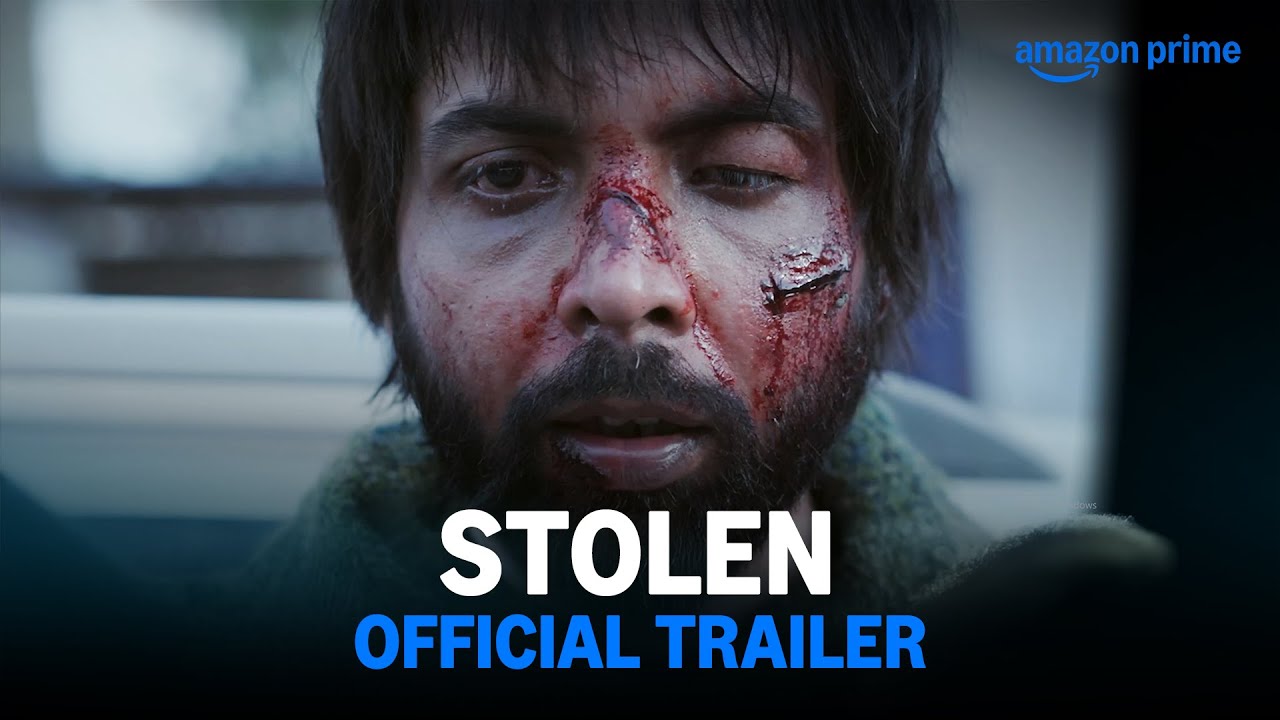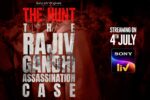Character Transformation Matrix
| Stage | Psychological State | Key Scene | Relationship Impact |
|---|---|---|---|
| Ordinary World | Detached yet composed; focused on family obligations | 00:03:10 – Gautam arrives at the railway station | Maintains brotherly warmth with Raman |
| Call to Adventure | Mild irritation turning to confusion | 00:08:45 – Jhumpa confronts them with accusation | Strained perception between brothers and stranger |
| Refusal of the Call | Denial and disbelief | 00:10:50 – Gautam argues they have no involvement | Begins distancing from Jhumpa’s reality |
| Meeting the Mentor | Vulnerable openness to guidance | 00:17:30 – Jhumpa recounts her trauma | Subtle empathy emerges toward her plight |
| Crossing the Threshold | Frantic survival mode | 00:21:00 – Mob begins chasing them | Protective instincts for Raman deepen |
| Tests, Allies, Enemies | Suspicion and panic | 00:34:15 – Shelter in abandoned warehouse | Trust between brothers tested under pressure |
| Approach to the Inmost Cave | Desperation and moral questioning | 01:02:45 – Gautam debates leaving Jhumpa | Empathy and ethics evolve under stress |
| Ordeal | Psychological collapse | 01:18:10 – Raman captured by mob | Gautam’s emotional tether to his brother peaks |
| Reward | Momentary clarity and resolve | 01:29:00 – Gautam chooses to defend Jhumpa’s truth | Redemption arc begins in selfless choice |
| The Road Back | Fear meets courage | 01:42:30 – Gautam testifies to local police | Restores moral compass in social sphere |
| Resurrection | Broken but awake | 01:54:50 – Final mob confrontation | Acceptance of societal injustice and inner peace |
| Return with Elixir | Solemn wisdom | 02:01:10 – Walks Jhumpa back to village | Establishes newfound kinship beyond caste/class lines |
Dialogue Forensics
| Timestamp | Dialogue Excerpt | Subtext Analysis | Emotional IQ Score |
|---|---|---|---|
| 00:08:47 | “Why would I take your child?” | Defensive denial masking guilt-by-association anxiety | 7.1/10 |
| 00:17:33 | “They never cared because I was alone” | Jhumpa discloses systemic neglect through her trauma | 8.5/10 |
| 00:39:12 | “We shouldn’t have stopped here” | Gautam’s regret reveals conflict between obligation and empathy | 7.8/10 |
| 01:03:21 | “Even if we didn’t do it, they’ll still see us as guilty” | Highlights caste and appearance-based profiling | 9.0/10 |
| 01:54:50 | “I’m tired of running from what we didn’t do” | Confession of exhaustion and plea for justice | 9.2/10 |
Comparative Genre Framework
| Film (Year) | Director | Similarity Index | Key Differentiation |
|---|---|---|---|
| Article 15 (2019) | Anubhav Sinha | 82% structural match | Stolen emphasizes subjectivity over procedural format |
| Talvar (2015) | Meghna Gulzar | 70% | More visceral pacing and emotional proximity |
| Nightcrawler (2014) | Dan Gilroy | 63% | Shared psychological descent, but ‘Stolen’ includes moral catharsis |
Thematic Resonance
After attending the premiere screening at Rotterdam Film Festival, it becomes clear that *Stolen* speaks directly to the universal experience of being misjudged, unheard, or marginalized. The film’s emotional core lies in its profound exploration of trust and perception in the face of societal breakdown. Gautam’s journey—from an urban outsider to a participant in rural unrest—mirrors the discomfort many feel when stripped of privilege. Jhumpa’s silent resilience, carved into the narrative with aching honesty, symbolizes the overlooked suffering of women, especially those from tribal and rural backgrounds. The film doesn’t rely on melodrama but instead evokes empathy by forcing viewers to inhabit the chaotic injustice from the inside. Thematically, *Stolen* is a modern parable about truth in a post-truth society. The tribal woman is not just a character; she is a metaphor for voices lost in noise. The railway station, with its cold steel and flickering lights, becomes an arena where modernity and traditional trauma clash—and sometimes blend. Through trauma, survival, and fragile alliances, *Stolen* invites us to reevaluate who we believe and why.
Frequently Asked Questions
What psychological framework best explains the protagonist’s arc?
Gautam’s journey can be best understood through the lens of Maslow’s Hierarchy of Needs, particularly the transition from safety to self-actualization. In the beginning, he’s focused on belonging (his brother, his family), but as chaos unfolds, he must address his safety. Only by the climax does he achieve moral self-actualization—protecting truth despite danger. Additionally, the Kubler-Ross grief model applies as he cycles through denial, anger, bargaining, depression, and acceptance—especially evident after his brother’s abduction.
How does the screenplay subvert genre expectations?
In Act II, instead of doubling down on legal institutions or vigilante tropes, the script redirects focus to emotional decisions. There’s no dramatic courtroom or chase climax. Instead, the emotional turning point comes through stillness—a quiet testimony, an act of walking side by side with someone once distrusted. This psychological inversion defies traditional thriller beats.
Which character relationship evolves most meaningfully?
The relationship between Gautam and Jhumpa evolves most significantly. Initially defined by suspicion and fear, it transitions through three turning points: the accusation scene (00:08:45), the emotional campfire dialogue (00:48:20), and the final act of solidarity (02:01:10). Their arc transforms from strangers to reluctant allies to co-survivors of injustice, ultimately bonded by shared moral clarity.
What cultural commentary does the film offer?
*Stolen* critiques how marginalized voices are silenced by urban apathy and systemic injustice. Through Jhumpa, it sheds light on tribal erasure, patriarchal neglect, and rural invisibility. The mob mentality portrayed echoes real-life instances of vigilante justice and mistaken identity, particularly in caste-affected regions. The film also critiques the failure of institutions to mediate between panic and truth—urging viewers to confront the human cost of disbelief.



